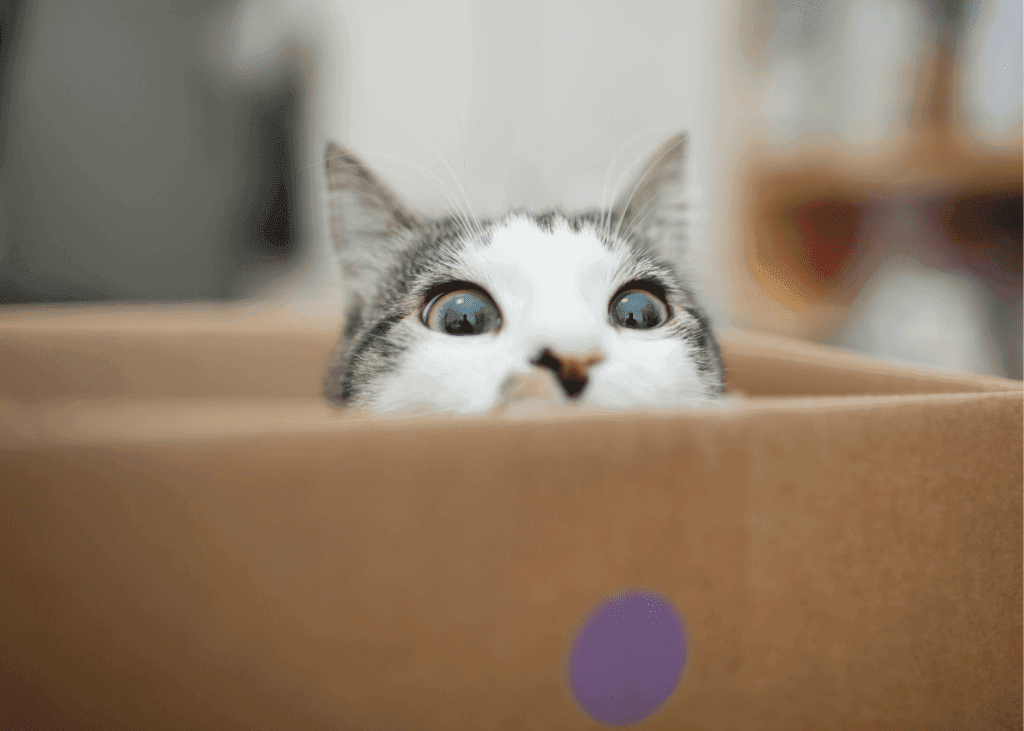Survey Shows Antisocial Pet Behavior May Be More Common Than You Think
Spot digs into pet behavior, socialization, and anxiety. How does your pet compare to these findings?
Pet Behavior Survey Key Findings
About the study: Conducted by OnePoll on behalf of Spot Pet Insurance, this recent survey included 2,000 cat and dog owners. Pet parents were asked about their pet’s social behaviors, the pet socialization activities they participate in, and the training and care methods they use.
Why do people get pets?
You already know the most common reason: Love!Most often, humans get pets because they want companionship for themselves or another family member.Although we love our pets no matter their quirks, many of them (58 percent) reportedly show some type of odd or antisocial behaviors.Of the survey respondents, 90 percent had dogs and 75 percent had cats. Upon getting their pets, it took five-and-a-half months for pets to start displaying any odd or antisocial behaviors, on average.
What causes strange behaviors in pets?
Pet parents think their pet’s behavior could be a result of many things. Just like humans, pets are shaped by their histories and environments.
Top reasons reported for odd behavior were stress or anxiety (47 percent), shyness (47 percent), boredom (46 percent), lack of experience with others (49 percent ), past traumas (45 percent), or changes in their routine (47 percent).
Of the pets that were more likely to seem antisocial, rescues and adopted pets were more likely to seem antisocial around the same type of pets (77 percent) than those that came from a breeder (60 percent).
Pet parents of rescues and adoptees chalk odd pet behavior up to stress or anxiety (66 percent) while those who purchased their pets said lack of experience with humans or domestic living is to blame (51 percent).
60% of respondents are at a loss for what to do to improve their pet’s socialization skills when odd behaviors do arise.
How do pet parents address pet health and behavior?
Many pet parents report trying alternative therapies to address their pet’s health. Luckily, Spot plans cover alternative therapies used to treat covered conditions to help pet parents take a holistic approach to their pet’s health.
To support pet social health, pet parents play with their pets (61 percent), talk to them more (51 percent), and simply spend more time with them (50 percent).
Seventy percent of pet parents said their pets rely on a favorite toy or stuffed animal for comfort.
Spot Pet Insurance plans support a holistic approach to pet health.
Spot plans cover behavioral problems and alternative therapies used to treat eligible conditions. Get a free, customizable pet insurance quote in minutes.
Why do people get more than one pet?Many people get a first pet for personal companionship, but more than half of respondents got their second pet to keep the first pet company. If you are thinking about expanding your fur family, head over to our relevant blog How To Know If You’re Ready For A Second Pet.
59% of pet parents agree that the pandemic has increased separation anxiety in their pet
How has the pandemic affected pet emotional health?
The majority of pet parents report increased separation anxiety in their pet since the pandemic. What does that mean for pets as lockdowns lift?
Respondents returning to an office after working from home are using the following methods to help their pet’s separation anxiety:
getting an at-home pet camera (33 percent)taking their pets to daycare (40 percent)having a pet sitter drop in during the daytime (36 percent)taking their pet to work with them (38 percent)
Where do people turn when they have questions about pet health and behavior?
When faced with questions about their pet’s health or behavior, most turn to vets (60 percent); however, some will leverage online pet blogs (48 percent) and ask fellow pet parents (43 percent).
Forty-three percent of respondents had used a vet helpline or 24/7 chat to ask questions about their pet’s health or behavior.
69% of pet parents surveyed take their pet’s physical and/or mental health more seriously than their own.
